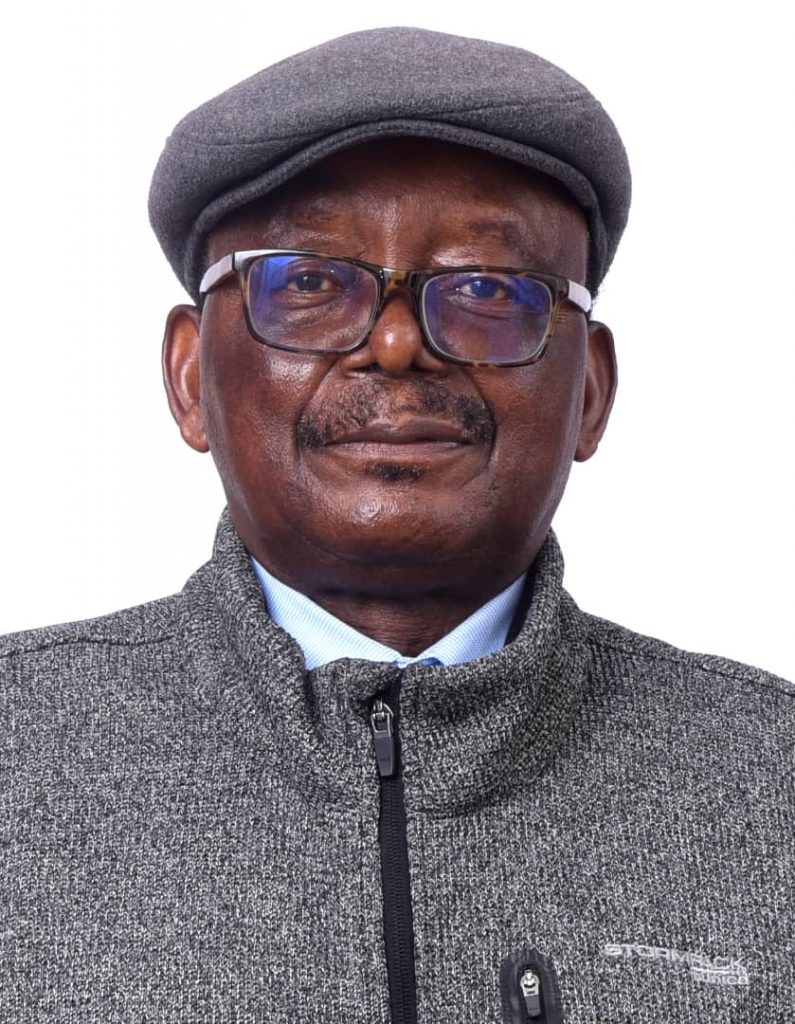Gender consideration is imperative in all facets of African development Agenda. Indeed it is one of those areas of African civilization which was very rich and rigorously practiced by many African peoples specially the Nweh (Bangwa) of Lebialem Division in Cameroon. Gender was a development concept in most past African civilizations and needs to be explored and exploited in modern development planning. The AU has earmarked gender equality in the continent in its agenda 2063. It is going to be difficult, if not impossible, to attain that goal because the AU appears to be using the wrong approach. The endeavor is rooted in the wrong premise that traditional African man was polygymous and therefore wives in his harem were inferior to him. A good study of the gender concepts and practices in traditional Africa would show that fatherhood was just a gender role as motherhood but a lesser role for the society.
In fact, among the Nweh people most societal roles were strictly gendered yet not watertight. In this write-up, we contend that the female not the male was in control of many aspects of authority in the societal life in Nweh country and other parts of Africa. And some of the corollaries to this contention are that the traditional African woman did not only jointly with the man put food on the table but was the supreme custodian of food in the family. That she also exercised greater control and ownership over children in her marriage home as well as exerted great influence in governance especially in the domain of justice. That the male was more likely to be sacrificed than the female in terms of societal preference (Fomin&Ingitir, 2013, 44-46). An examination of the above claims show that female gender roles were usually convenient and compatible with motherhood which every traditional African woman longed to perform even in polygyny. In fact the society did all for every woman to maximize her capacity to bear children without sacrificing much of her liberty to take part in other societal roles in economic life, governance issues and social matters.

She was never an idle observer of events in the society but an active participant in all development endeavors. Following the ways gender roles were assigned in many traditional African societies, both genders were equally and equitably involved in the overall development of the community. Division of societal roles according to female and male genders has been part and parcel of African Civilizations History and was never based on the consideration that a particular gender was inferior to the other. However, the value of a gender to the society did influence the attribution of roles. Generally speaking gender equality and equity in gender scholarship in Africa is an elusive concept because the gender perception in many traditional Negro African societies did not connote sex but roles which different peoples played. Which roles were not necessarily those played by men and women in tight compartments. In fact roles which were reserved for the different genders in the society were not always for men and women as such. The appellations man and woman, husband and wife in gender conceptualization and consideration among African people did not always connote male and female sexes. They refer to players of female and male roles as in many other traditional societies in Africa (Huffkin and Bay, 1976: 7, 239-64).
It was and it is still common in Nweh country of Cameroon for both men and women subordinates to refer to a woman who plays a male gender role as their husband and for men to refer to another man as their husband (Folefac, 2010: 79-84). Many philosophical and historical factors underpinned the traditional gender division of roles in traditional Africa and AU must begin from there to pursue the attainment of its agenda 2063 in gender equality in the continent as a way of jump-starting development in all areas in the continent. This presupposes the fact that AU must get back to Africa’s ancient civilizations to get the clues of its modern development in many domains. Gender equality and equity were wonderfully balanced in most traditional African societies with great emphasis on motherhood as agender role.
The woman’s role as mother is crucial and irreplaceable. Motherhood as a role went along with other roles which were compatible with it. Mothers or would be mothers have the ability to perform many male roles like the military, hunting, climbing tall trees to harvest fruits but the risk involved in performing such tasks was high and could compromise their principal role as mothers. In fact both genders were useful in the society but the female appears to have been more important and therefore, the woman was not assigned roles which could compromise her principal role of motherhood. Yet it was in performing risky roles of warfare, hunting, deep sea fishing and long distance trade that the man got the leading role in economic and governance matters which we try to bridge today. It was never always like that in traditional Africa. Genders were never in conflict in development endeavors in Africa but in a great compromise and harmony which made both bread winners in all societies.
*
Professor Emeritus E.S.D Fomin is a renowned professor of social history who has taught for more than 30 years with universities in Cameroon and interacted with scholars in the U.S., Canada and Europe on enslavement, slave trade and slavery in Africa.
He has published extensively on the subject and related areas of scholarship.
Prof. Fomin has taught and supervised many p.h.d. students in the University of Yaounde 1, University of Dschang, University of Bamenda and University of Buea.



